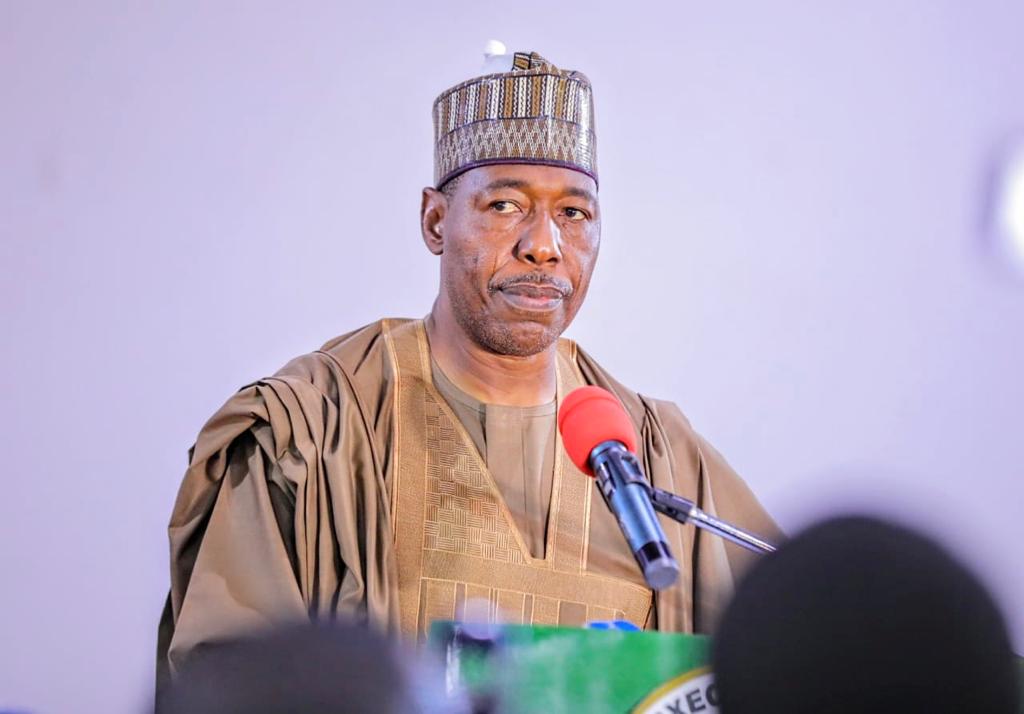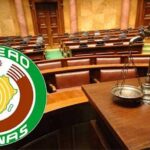
Borno State Governor, Babagana Zulum, has unveiled a unified curriculum for Islamic schools aimed at countering violent extremist ideologies and preventing young people from being radicalised by terrorist groups.
Borno is one of the hardest hit states by Boko Haram insurgency, which began in Maiduguri around 2002.
The fundamentalists group, known as Jamā’at Ahl as-Sunnah lid-Da’wah wa’l-Jihād, preached against Western education as depicted by its name, Boko Haram (Western education is unlawful).
The sect formed by the late Muhammed Yusuf and later led by Abubakar Shekarau from 2009 until his reported death in 2021, launched violent attacks on Western education, as it reportedly destroyed about 2,500 classrooms, chasing out hundreds of thousands of the pupils while it also engaged in pupils abduction.
Unveiling the curriculum on Tuesday, Zulum said, “Our Islamic schools have been operating without a unified curriculum for at least three to four decades and that is a matter of great concern to all of us.
“The so-called Boko Haram insurgency was started as a result of some misleading preaching, therefore it is imperative for us to devise a way such as this curriculum to avert such in the future.”
Zulum said his administration would ensure that all Islamic schools strictly follow the new unified curriculum.
He emphasised the importance of teaching and preaching following the authentic content of the holy books.
He said, “We are currently witnessing another development recently; we are concerned by the way some scholars preach. Therefore, the Government of Borno State will do everything possible to ensure that teaching and preaching comply with the proper content of the holy books.”
Zulum also noted that the new curriculum was prepared based on the policies of the National Board for Arabic and Islamic Studies, which, he said, would qualify students from private Islamic schools to get admission to universities and colleges.
Speaking earlier, the Chairman of the Arabic and Tsangaya Education Board, Khalifah Sheikh Ali Abulfathi, said “The curriculum, which is based on the Maliki school of thought, centred on the teaching of Arabic, Quran, Hadith, Tauhid and jurisprudence.
“The board reviewed existing teaching methodologies and instructional materials used by the Islamiyya schools as part of efforts to give the knowledge and values needed.”
Abulfathi called on parents and other stakeholders to support the new curriculum to ensure that every child had access to quality Islamic education.




